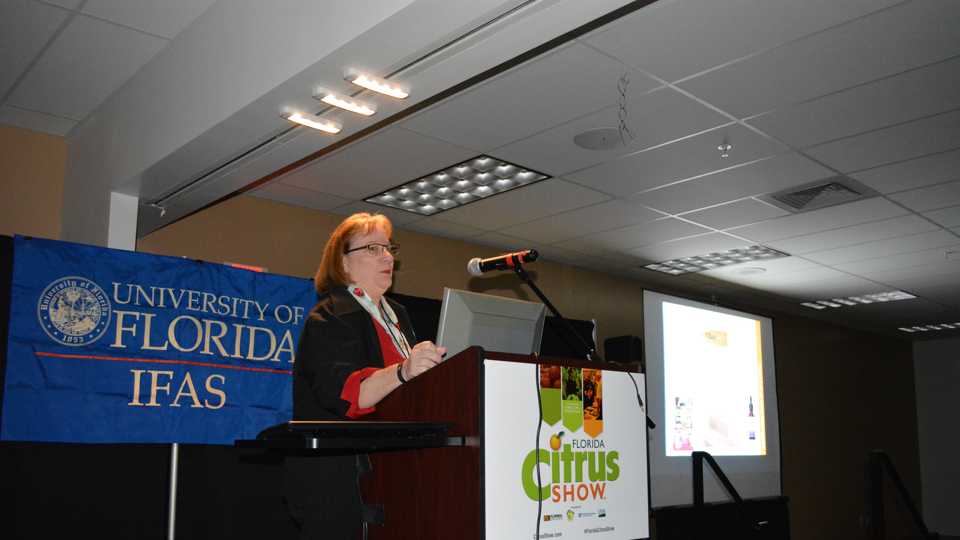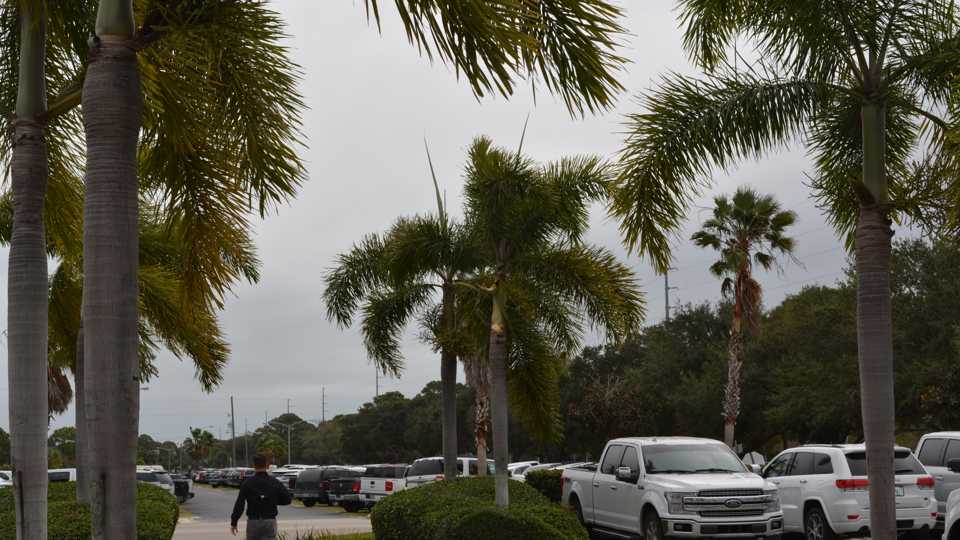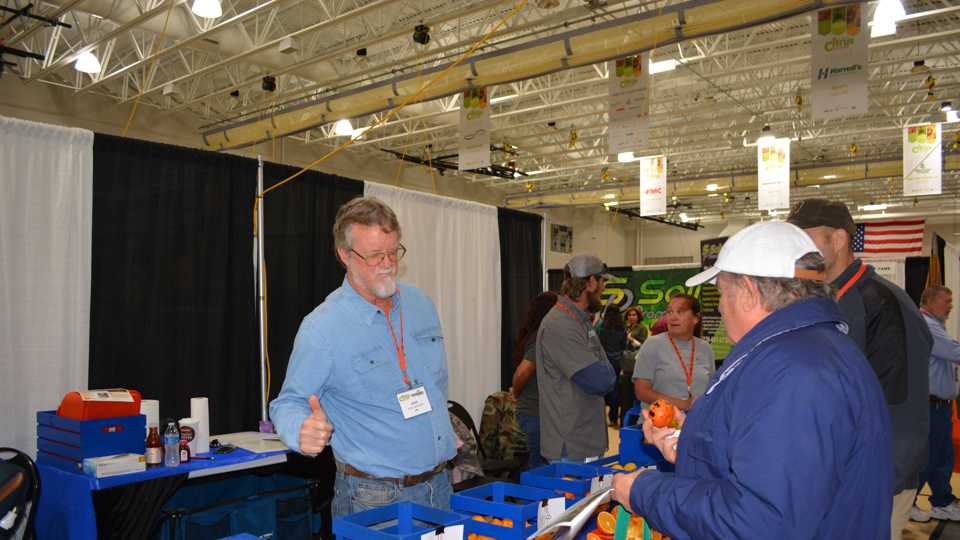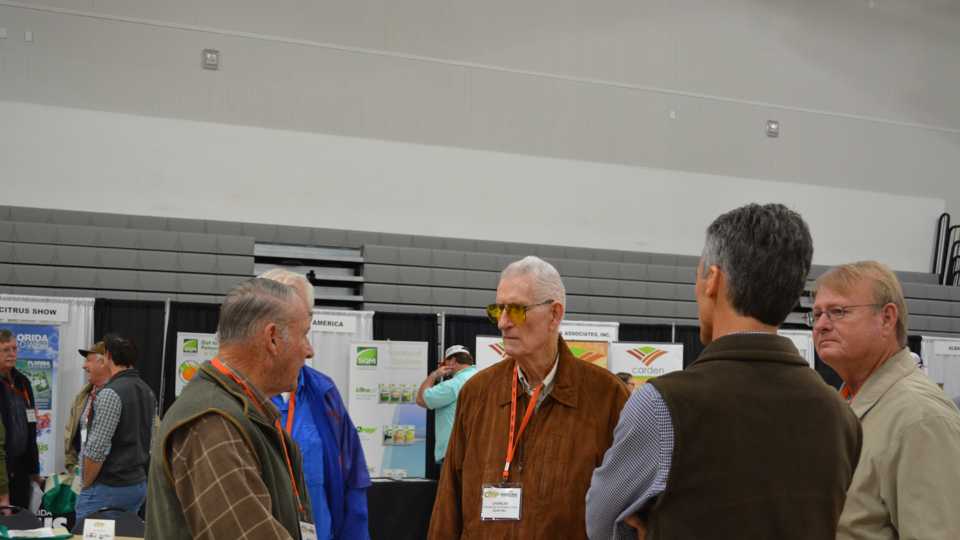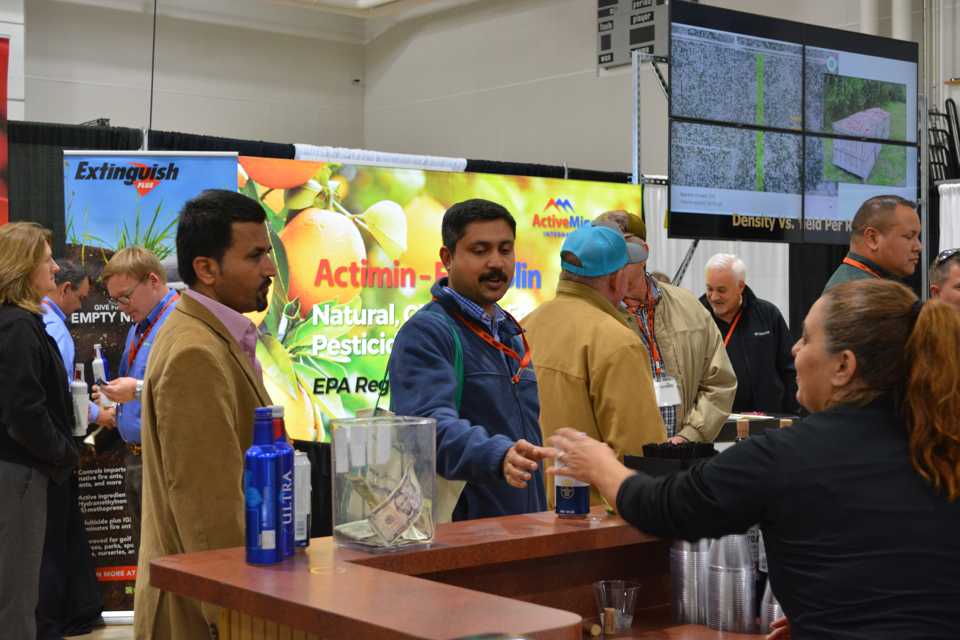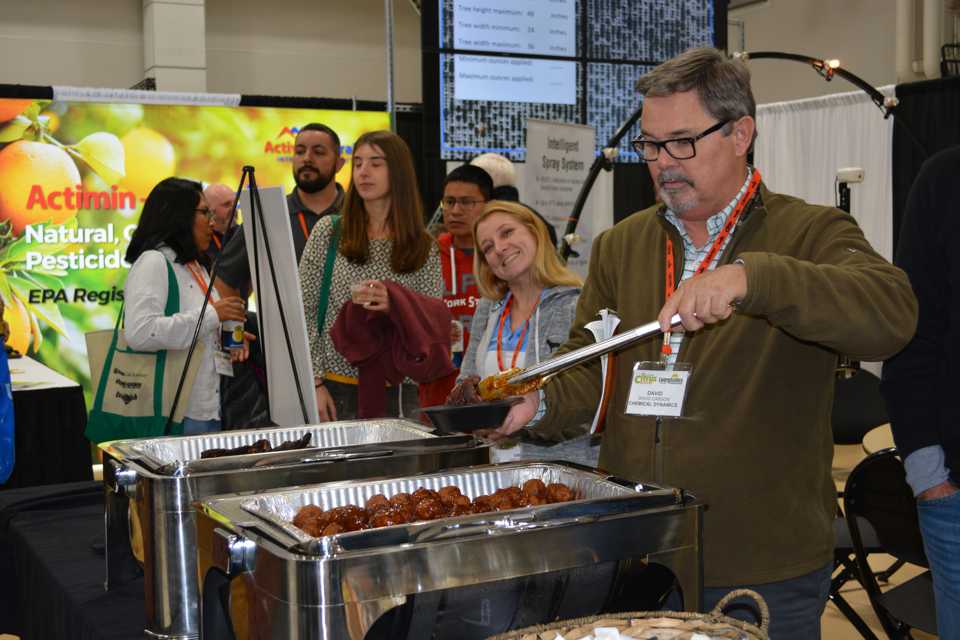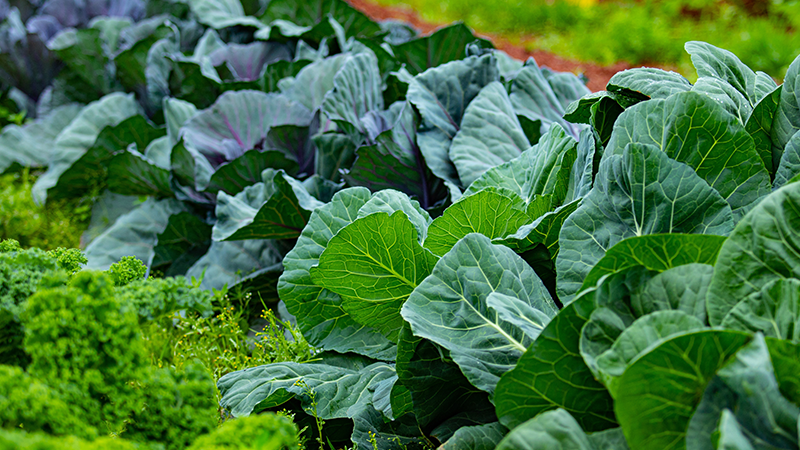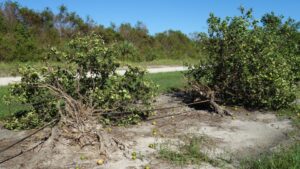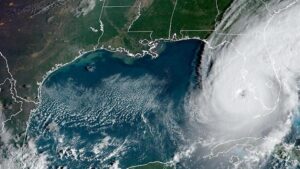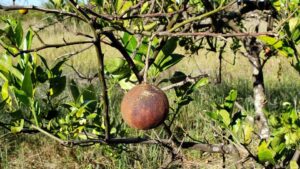2020 Florida Citrus Show Kicks off Year on Strong Note
The 2020 Florida Citrus Show hosted a strong contingent of growers and industry stakeholders in last week at the Havert L. Fenn Center in Ft. Pierce. More than 800 were in attendance for two days of education and a trade show showcasing the products and services needed to grow a successful crop. Educational sessions focused on action growers can take now to improve production in an HLB-endemic environment.
Flipping the Script on Sugar Belle
Plant breeders from UF/IFAS and USDA provided an update on new citrus varieties and rootstocks under development. Jude Grosser, Professor of plant cell genetics with UF/IFAS, spoke about new, promising selections from the University of Florida.
‘Sugar Belle’ has garnered a good deal of attention from growers because of its enhanced tolerance to HLB. With that in mind, Grosser has put on some trials evaluating the variety as a rootstock to see if that tolerance can be imparted to the scion. Valencia oranges have been grafted on the ‘Sugar Belle.’ Grosser told attendees to stay tuned for trial results.
Grosser also pointed out that the new grapefruit ‘Summer Gold’ is looking very positive in trials. Not only is the grapefruit bred to not interfere with statin drugs, it also has great flavor and appealing fruit.
Oak Extract Buzz
One topic that created the most buzz during the Citrus Show’s education program was a talk on the potential of oak extract as a treatment for HLB. It has been observed in nature that citrus trees growing in proximity to oak trees seem to be healthier and less impacted by HLB.
Marco Pitino, a Project Manager with AgroSource, gave an update on research on how HLB-infected trees responded to oak crude extract. The oak is extracted into a liquid solution and applied to foliage and as a root drench. The research indicates the extract improves tree health, reduces the disease bacteria in trees, and reduces starch accumulation in the xylem of some trees.
Trials also are underway testing the impact of oak mulch applied to the beds of citrus trees.
Hemp in the Spotlight
A special session featured an update on the soon-to-be-in-cultivation industrial hemp crop in Florida. Light Townsend, Chief Legal Counsel for Green Point Research, provided attendees with some of the legal considerations as growing the crop nears reality.
The 2018 Farm Bill allowed states to establish hemp programs. The USDA has since published its rules for hemp. Those rules are considered the baseline regulations. The Florida Department of Agriculture and Consumer Services (FDACS) has proposed state rules for hemp. The state rules have been submitted to USDA and awaits approval.
Townsend said some key considerations of the rule, include regulations impacting seed. The rule sets a minimum germination standard for hemp at 80%. Seed below 80% will be labeled “below standard” and cultivars below 60% shall not be sold. He noted this could make sourcing seed more of a challenge initially.
He added growers will need to understand the definition of a “plot” under the rules. FDACS will provide a license for each plot. The license must be renewed annually for each plot. A plot under the rule means a contiguous field or growing area of the same variety of hemp. If a grower plants two varieties, it will be necessary to obtain two permits — one for each variety.
“The FDACS team is as anxious as the rest of us in the industry to get this licensing [to grow hemp] process started, so it is conceivable that commercial permits would be issued in the next two to three months,” Townsend noted.
Indian River County Extension Agent Christine Kelly-Begazo provided an update on what’s being learned about growing hemp in Florida. She noted there is still a lot to learn about sourcing seed and production practices.
THC (tetrahydrocannabinol) levels in the hemp plants have been an area of research. By law, hemp plants being grown for CBD (cannabidiol) must have THC levels below 0.3%. Growers will have to test THC levels prior to harvest and be subject to FDACS inspection and THC testing at any time. Kelly-Begazo noted that variety selection will play a big role in THC levels. Varieties best suited for Florida are still being sorted out.
“Finding seed will be challenge, because of the requirement of purchasing only certified hemp seed,” she noted. “There are not many certified seed producers available at this point.”
She added that currently there are no pesticides labeled for use in hemp, and there are no plans by EPA to register products as of yet. Soaps and oils can be applied to manage pests, along with some biocontrol products applied pre-harvest.
She encouraged growers keep up with changing rules and growing knowledge about hemp in Florida at FDACS website and the University of Florida’s hemp pilot project.
New Offerings Draw Attendance
The Florida Citrus Show enjoyed a number of new elements this year, including catering by local favorite Moonswiners Bar-B-Que. A full lunch was served on day two of the event and an afternoon education program was provided for attendees. The food and caterer were a big hit at the event and kept the trade show floor abuzz with activity on both days.






